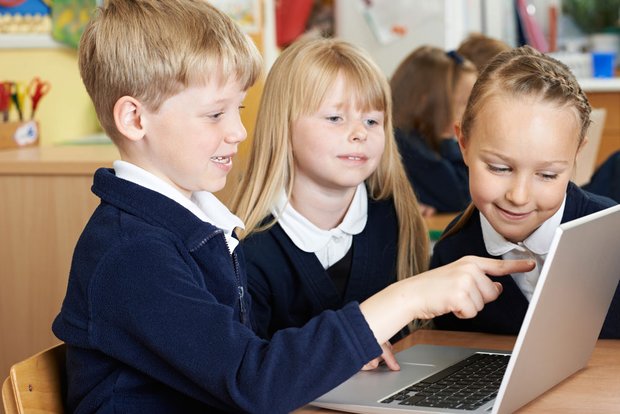Internet research skills
Add to My Folder
With the entire internet at their fingertips, there is more information readily available to children today than ever before. However, many children find identifying the most useful or important information and presenting it in their own words very difficult.
Unfortunately, it is easy to ‘research’ badly and end up with pages of information printed from webpages found on search engines. Teaching children how to locate, identify, distil and share information found online can help deepen their understanding of a topic and is a useful study skill, especially as they move from KS2 to KS3.

Some general tips
-
Provide weblinks
Rather than giving them free reign when researching, provide children with a shared document containing links to two or three appropriate websites for them to use. This way you can be sure that they will be able to find what they are looking for and the text will be at an appropriate level. -
Questions
Pose a small number of questions for children to find answers to, instead of just asking them to research a topic. This works best if you use tip 1 above, so that you can be sure the answer is easily found. These questions could be suggested and discussed by the class first. -
True / false
As an alternative to questions, try giving them some statements about the topic they are researching and asking them to find out if they are true or false. -
Safe searching
Always check yourself what a search engine will suggest when a topic is put into the search box, before asking children to do the same. All school computer networks should have a safe search facility enabled but it is still possible for things to slip through. -
Refining the search
Teach children how to select from their search results by looking for well-known and reliable websites. They may need to refine their research by adding another related word, if they end up with lots of results. -
Collaborative approach: pros and cons
Discuss with children how Wikipedia works: it is a collaboratively written encyclopaedia, which allows users to edit the content. While it can be useful, not all information is accurate. Older children could discuss the pros and cons of this approach and even create their own collaboratively written encyclopaedia on a topic the class are studying using shared document software, such as Google Docs. -
Model
Putting things into their own words is something many children find hard. Demonstrate explicitly how they can do this, by reading a few sentences together on the interactive whiteboard and asking them all to note down two things they remember. Compare the two things everyone recalled and do some shared writing to put this into a new sentence.
Log in to your account to read
Published 31 October 2016
Reviews
You need to be signed in to place a review.

